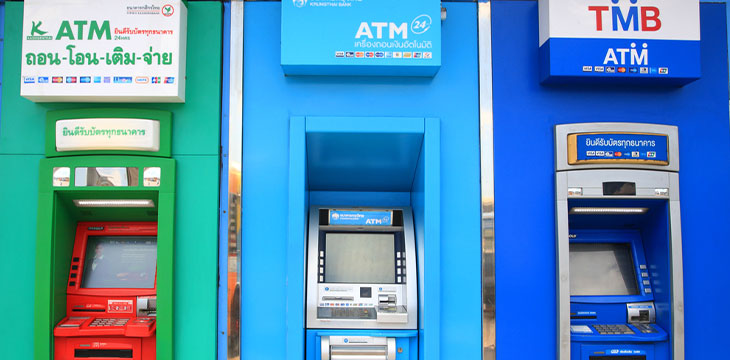|
Getting your Trinity Audio player ready...
|
Thailand is pulling its weight with the plans to transform the country’s digital economy underway. The latest in the string of developments is a plan by the Bank of Thailand to allow virtual banks to offer financial services to residents in 2025.
A Bloomberg report disclosed that the move is included in the central bank’s “Consultation Paper on Virtual Bank Licensing Framework,” scheduled to be made public later in the year. According to the report, the central bank is keen on issuing three virtual banking licenses in 2024 ahead of the commencement of the new regime.
Assistant Governor Tharith Panpiemras confirmed that ten entities are already in talks with the banking regulator over the issuance of licenses. Papnpiemras added that virtual banks would be regulated in the same manner as traditional financial institutions, including additional safeguards for investors’ protection.
“Virtual banks should not initiate a race to the bottom through irresponsible lending, give preferential treatment to related parties, nor abuse dominant market position which will pose risks to financial stability, depositors, and consumers as a whole,” the Bank of Thailand said.
Applications for the licenses will begin before the end of Q1, and interested entities are expected to have a minimum registered capital of 5 billion baht ($151 million) and a pledge to increase to 10 billion baht ($302 million) upon the commencement of operations. Virtual banks that obtain their licenses will not be allowed to operate their ATMs and will be put through a “restricted phase” to closely monitor their activities.
The banking regulator notes that the decision to allow digital banks to wade into the financial system is to increase access to loan facilities for citizens and to foster healthy competition in the space.
“Higher competition will strengthen the overall banking system by prompting existing players to improve their services and innovations,” Tharith said. “New virtual banks will also expand their services into new underserved customers with lower costs that would benefit the overall customers.”
A move in the right direction, but there could be flaws
Global economies are opening the doors to virtual banking to provide more alternatives to citizens, with South Korea and the Philippines leading the charge in Asia. However, the Bank for International Settlements (BIS) has warned that financial watchdogs should establish banking rules to prevent the misuse of customer data.
Already, Thailand has begun tightening the screws around the financial industry, beginning with the virtual currency industry. Thailand’s Securities and Exchange Commission (SEC) issued stricter regulations for the ecosystem, including requiring all industry-related advertisements to be compliant.
With a central bank digital currency (CBDC) on the horizon, it remains unclear how Thailand’s new virtual banks will operate with the digital baht as part of their offerings.
Watch: Blockchain for Digital Transformation of Nations

 02-27-2026
02-27-2026 




